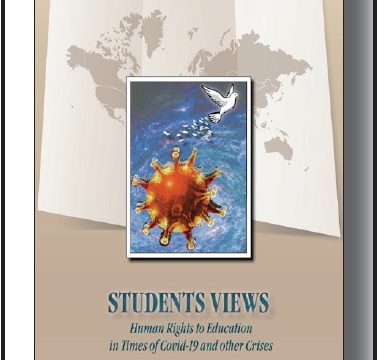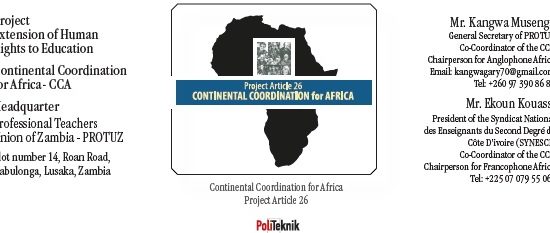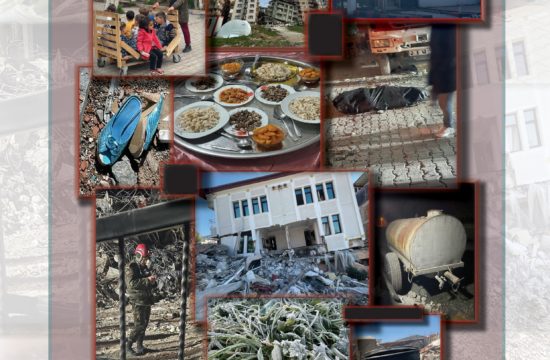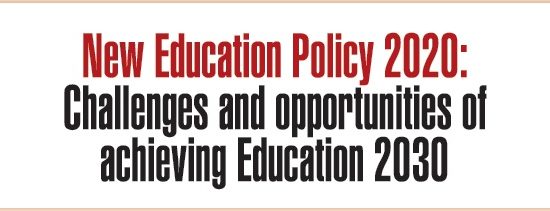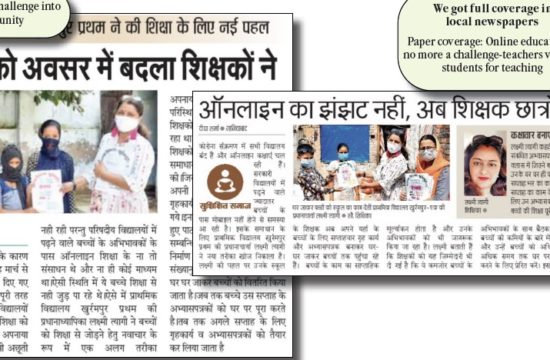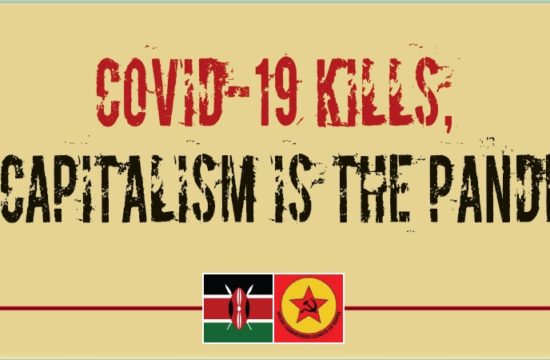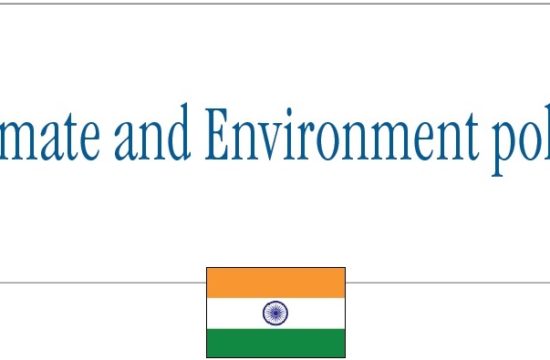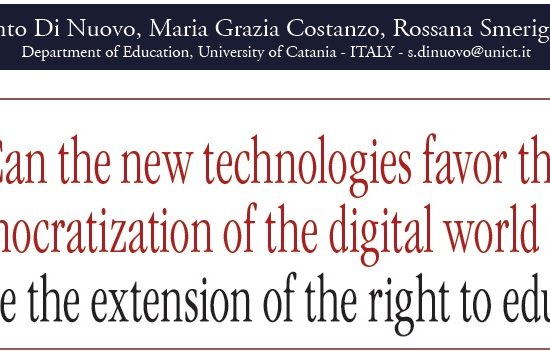Helen Korkmaz Antakya/Hatay – Turkey
As the title suggests, I’ll tell you about how our daily life was turned upside down in one minute.
I am Helen Korkmaz, I am 23 years old and I was born in Antakya. I studied architecture at university. We are three siblings. One of my older brothers is married and has three children, the other one is single. We used to live nine people in a house with three floors.
We followed the same daily routine for years. My father had retired and my brother was struggling to support himself and his family. My other brother was trying to get his life in order, and my mother was the home for all of us.
I was fresh out of college, looking for work and trying to progress. Due to the economic and political situation in my country, I had decided to complete my studies abroad. I already had a job and I was trying to become financially secure and continue my studies abroad without counting on my family’s support. I was dreaming of becoming a successful engineer in the construction field. I was thinking like that, but the path was a little different. As it is known, Hatay is located in a first-degree seismic zone. Antakya, one of the most important settlements in history, has been destroyed and rebuilt many times from the times before Christ to our days. We believed that all of this was nothing more than the ancient history. Until February 6 at 4:17 am. A slight shaking started, at first I did nothing, thinking it would pass soon. It was as if the ground was boiling, as if it was going to open up and swallow us. In panic, I tried to rush towards my family. It was impossible to stay on my feet in such a strong quake. I fell down immediately, and my mother and father went down the same way. Small debris began to fall on us, there was a lot of dust, broken glass, everything was falling on us. On the other hand, we were witnessing the walls falling down. It was an apocalyptic moment. The noise in the house was as if it was being bombed. Then I stood up and rushed to open the door to my brothers and nephews who lived on the upper floors.
The door would not open because of the damage to the house. I tried to go to the other door, but it was impossible to find the key in the rubble. The key was finally found. It seemed like a century before I could turn the key and barely open the door. We were living through the apocalypse, not the earthquake. Outside, there was heavy rain, accompanied by wind and freezing air…
 We took shelter in the cars, each of us with a child in our arms, accompanied by three small children. They were wearing the thin clothes they used to sleep comfortably in their beds. The windows of our car, which was under the roof, had been broken by falling tiles and debris, so we used a nylon cover to wrap the car windows. The car we took shelter in was low on fuel, so we couldn’t even get warm. We were sitting inside the cars and trying to figure out what had happened. The quakes were still going on and the vehicle was shaking like it was going to tip over. If we got out of the car, it was too rainy, stormy and cold to stay out for even a minute, and if we stayed in the car, the fear was endless. At that moment, neither the earth nor the sky belonged to us.
We took shelter in the cars, each of us with a child in our arms, accompanied by three small children. They were wearing the thin clothes they used to sleep comfortably in their beds. The windows of our car, which was under the roof, had been broken by falling tiles and debris, so we used a nylon cover to wrap the car windows. The car we took shelter in was low on fuel, so we couldn’t even get warm. We were sitting inside the cars and trying to figure out what had happened. The quakes were still going on and the vehicle was shaking like it was going to tip over. If we got out of the car, it was too rainy, stormy and cold to stay out for even a minute, and if we stayed in the car, the fear was endless. At that moment, neither the earth nor the sky belonged to us.
Meanwhile, we were trying to stop the blood running down my father’s face. I wiped the blood that would not stop with the clothes I was wearing. I spent ten days in those bloody clothes.
My aunt and uncle, who lived next door, had not yet left the house. I started running towards their house screaming. Slowly they started to leave and we found ourselves in the middle of the road.
The wife of my uncle was running screaming at the time, her fingers were crushed and partially amputated from getting stuck in the door. My cousin was trying to get his mother to the hospital.
The real tragedy was just beginning. Hospitals were destroyed, there were more dead in the hospital gardens than in the cemeteries. Many doctors, nurses, paramedics and patients had died. Doctors could not even receive patients. The wife of my uncle was admitted to a hospital in a city 1,500 kilometers away after three days.
There was no dawn, it seemed like the sun would never rise. We were shivering in the vehicles, with children. We couldn’t stand it, we had to do something. Without the ground stop shaking, we rushed into the house and grabbed blankets and jackets. In the meantime, we tried to contact our relatives.
No one could reach anyone because the telephone connections were interrupted. When we did manage to reach someone, we had to hang up after just one word. News of deaths began to reach us. Neighbors, relatives, everyone was running around to get updates from each other. Everyone was shouting for help. The majority of our relatives were helplessly waiting for help under the rubble.
What touched me the most was the news that my teacher, to whom I was very close and loved deeply, had died. I had sent her a message in the morning to find out if she was okay. At first, I didn’t think anything was wrong, as I thought there was no connection. I waited, not knowing that there would be no reply to that message ever again. Three days later, I received the news that she was trapped under the rubble with her husband and two children. I was devastated, I cried for days seeing that message. The month before I had visited her and hugged her, not knowing it was the last time.
After those hours that seemed like a century, the day gradually brightened. Needs began to manifest slowly.
Water… We had no water, there was no more water coming out of the taps because the tanks were overturned. I was very thirsty, for the first time in my life I needed a drop of water, suddenly life showed its true face. I wanted to drink water from the garden hose, but I could only drink the water that was left in the hose body.
My cousin ran to the markets and gas stations to buy water, and then we realized that there was nothing left standing. We couldn’t understand anything. What was happening? What were we we living? Was it all a dream? Was it all real? Although it was difficult to ask these questions, it was all real. And we all had a difficult process ahead of us.
Where were we going to stay? Where were we going to live from now on? Our house was badly damaged, it was dangerous even to walk past it. Naturally, one cannot feel worthy of being homeless.
We had a large greenhouse in our garden where we grew vegetables and fruits. The greenhouse was 12 meters long, 4 meters wide and 3 meters high. It was tilted to one side as the retaining wall had collapsed over it, but it was still habitable. In those days there was nothing planted in the greenhouse, there was only soil. We put a rug on the floor, got a stove from my uncle’s house and set it up. We brought whatever blankets we could get from the house. The food we could get was bread, eggs and potatoes.
There were 20 of us in the greenhouse, including family members, relatives and friends. We tried to find wood and blankets to keep us warm until the evening. To prevent water penetration, we filled around the greenhouse with soil.
That night everyone was confused. It seemed that everything would pass when we woke up in the morning. But it didn’t. The morning of February 7, when we woke up, everything was still the same. We had 6 children in the greenhouse, our priority was to feed them. We boiled eggs for the children. We also fried a couple of potatoes. I cut an egg in half and gave one half to my mother and the other to my father. They were also my priority. I found a string cheese and remember cutting it into 7 pieces. My brothers, cousin, uncle, etc. I was the last one to eat. We had no water to wash our hands, thick clothes to wear, bread to eat, etc. in brief, we only had the clothes we were wearing. We lacked everything at that time.
It was the third day of the earthquake and we were still without help, with no one coming or going. The first reaction was from ourselves. The effort to help those trapped under tons of weight… human strength was not enough. The corpses of our relatives were dug out days later, with the strength of our hands. One of my cousins had a column fall on his leg and no one could do anything. Either he stayed there and died or we amputated his leg. There was no other solution. Because there was no one else but us.
The only thing we had was a knife. And with it we had to cut off my cousin’s leg to keep him alive. It was like experiencing death while alive.
Help started coming on the fourth day, and it wasn’t from the state. It was people who were coming voluntarily.
We needed everything. The earthquake, the fear and the losses could not prevent a bad moment that made us need someone. On the other hand, to think that the Turkish people were loyal to each other and were with us in bad times was a relief.
To make matters worse, while we were worried about our lives, we also had to deal for days with armed men coming to rob the demolished houses. Everything was dark and deserted, there was no one left in our neighborhood except for two or three families. As the garden wall was knocked down, our greenhouse was left on the edge of the road. We were living in fear, with gunshots every day, robberies, hunger, earthquakes. We had to procure our own security. If we had made it through that disaster in one piece, we had to continue living the same way, no matter what. We were fighting for life. My brother, who sat with his gun until morning, had been going without sleep for days to protect us. Sometimes I would accompany him. Occasionally, my brother would fall asleep and I would wake him up at the slightest noise. Dizzy from his recent awakening, he would grab the gun and go out. No one could sleep for days. Still, earthquakes kept occurring. What could a people struggling for life and property do? How could we go on living? There were no soldiers or police to protect us. We were trying to protect ourselves.
Sunset meant trouble, restlessness and sleeplessness. After a while, one did not know how to choose the reason to be sad about. Death, earthquakes, robberies, life on the streets, the destruction of the city where you were born and raised, the destruction of your memories, knowing that you will never go back to those days, we cried every day, we were sad every day, but it was in vain.
The only thing people can do is try to live in despair. Even if you were standing, the country was not standing, even if you were breathing, the country could not breathe, because the country smelled like a corpse. The first street with public lighting in the world, the first commercial area in the world, the first churches and mosques in the world… A city whose streets smell of famous food and desserts. A city of civilizations where all religions coexist in unity and solidarity. The earthquake left only rubble, smelly corpses, civil servants, working machines and dust and smoke.
In summary, we experienced the earthquake not at 4:17, but at 4:18, when we left the shattered house with nothing.


